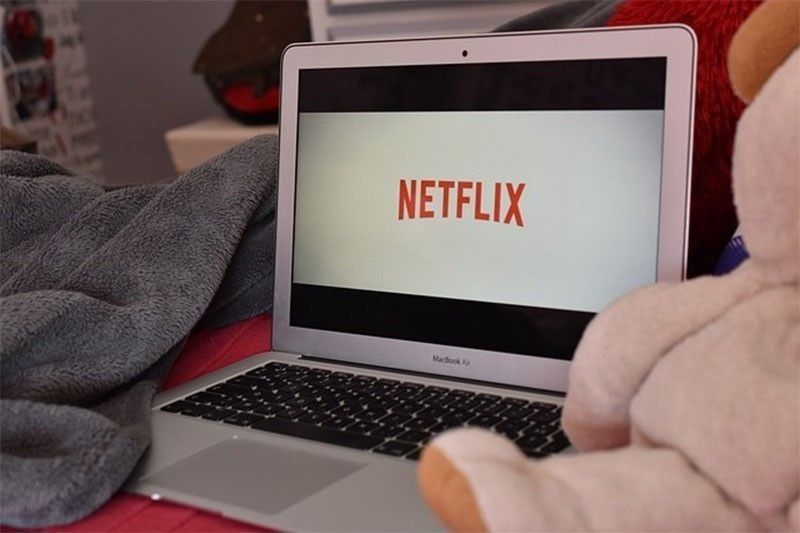MTRCB to push through with plan to regulate Netflix despite backlash

MANILA, Philippines — The Movie Television Review and Classification Board (MTRCB) will push through with its plan to regulate video streaming platforms operating in the Philippines despite the backlash from the public.
MTRCB chair Rachel Arenas told “The Chiefs” on One News that they will not be intimidated by the criticisms as she emphasized that they only follow what the law dictates.
“Not because it’s impractical we’re not going to pursue what is written in the law. Slowly, we have to do something about it, and that’s what we’ve been working on for almost a year now,” Arenas said.
Arenas’ statement came after the MTRCB was criticized for their move to regulate video streaming applications such as Netflix, iflix and other similar platforms operating in the country.
In fact, she said that they have consulted with the “video-on-demand (VOD)” providers for more than a year already and have discussed their plans to regulate video streaming applications.
Arenas added that they are amenable to their proposal.
She explained to VOD providers that the streamed videos should be regulated to conform with the classifications of the MTRCB and to the “different culture” of the Philippines.
Enrique dela Cruz, law professor on media and technology at the University of Sto. Tomas (UST), however, said that the MTRCB cannot regulate video streaming applications as it is not part of its mandate under Presidential Decree 1986.
The MTRCB was created under Presidential Decree 1986 by former dictator Ferdinand Marcos “to regulate and classify movies, television programs, related publicity materials and/or promotional materials.”
Dela Cruz pointed out that the MTRCB can only regulate the content of video streaming platforms if they will use a different “charter or model” or if a law will be passed designed to regulate online content.
“Obviously, it’s not in their charter and they need to approach it with a different model, or use a different charter or model if they wish to regulate the films coming out, because their charter is filter and use,” Dela Cruz explained.
What the government can do, Dela Cruz said,to is to limit access or deny access from streaming videos, which is a mandate of the National Telecommunications Commission (NTC) and not of the MTRCB.
“So, the concept that MTRCB can regulate access is wrong. That’s telecommunications. That’s NTC. On content, they (MTRCB) can’t do anything because they are not the source,” he added.
While she admits that the drafters of Presidential Decree 1986 did not foresee the internet, Arenas said that it has served its purpose, citing a provision which stated their mandate.
Presidential Decree 1986 states that “any motion picture on whatever medium with whatever mechanism or equipment they are projected, and in whatever material they are preserved or recorded” is under the jurisdiction of the MTRCB.
“With the provision like this in our law, it gives us the authority to regulate,” she said.
As she understands the sentiments of the people, Arenas clarified that they will not stop video streaming platforms from streaming movies online, but will only ask them to “self-regulate” and classify them accordingly.
- Latest
- Trending































